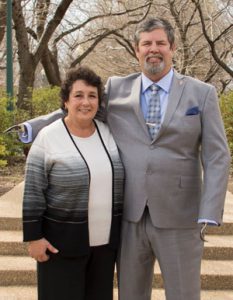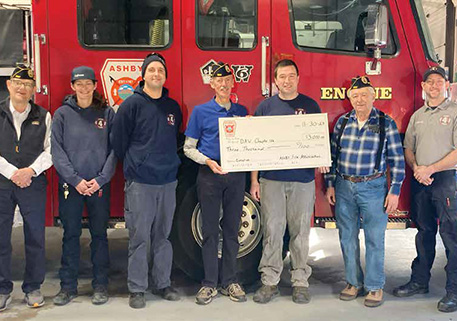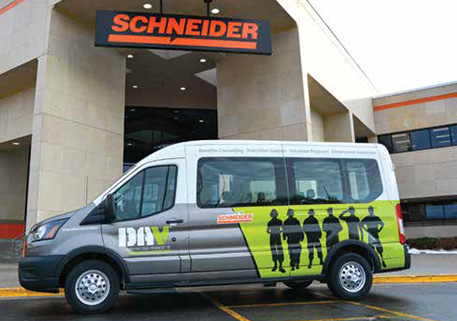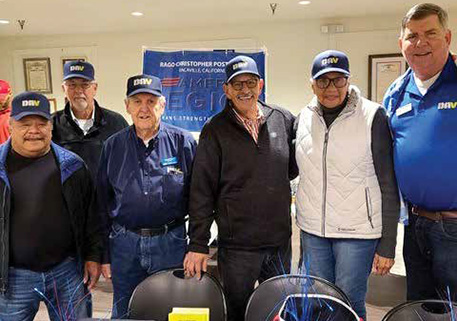DAV Members can lead the charge for caregivers of disabled veterans

Imagine you have devoted your entire life to the care of a disabled veteran. You do it because you love and care about your veteran and you know their quality of life would suffer without you.
Now imagine another person who has also devoted their life to the care of a disabled veteran, but this caregiver is provided with a comprehensive array of supports and benefits to help ease the physical and emotional strains of caregiving.
What if the only difference between you and this other caregiver is the period of service in which the disabled veteran served. Is that fair?
Unfortunately, this scenario is reality for the caregivers of those veterans severely injured prior to September 11, 2001—an inequity of benefits based solely on an arbitrary date.
Our membership—America’s disabled veterans—are active and leading voices on veteran’s issues across the country and we need to stand up and be vocal about the inequities endured by our pre-9/11 caregivers.
Caregivers like Yvonne Riley, who has devoted 20 years of her life to our DAV National Commander, Dave Riley. Without Yvonne, Commander Riley will tell you he could literally not get out of bed in the morning, and his quality of life would be considerably lower. Yet for the past two decades, she has served and sacrificed without the kind of support or assistance available to current generations of veterans.
There are more than 5.5 million caregivers caring for seriously injured or ill veterans and service members, but more than 80 percent are ineligible for comprehensive caregiver benefits from the Department of Veterans Affairs because the veteran was injured prior to 9/11.
What makes this injustice even more unpalatable is that it is more cost effective to support family caregivers—roughly $40,000 per year—than to put the veteran into a nursing home to receive care—between $45,000 in a state veterans home to over $300,000 in a private facility.
Together, we can take a stand for the veterans and their caregivers left out because of an arbitrary date. Follow this link to urge Congress to expand comprehensive caregiver benefits to severely disabled veterans of all generations.
We hope you’ll sign the petition today to help right this inequity and ensure caregivers like Yvonne Riley are given the recognition and support they have earned and deserve.






